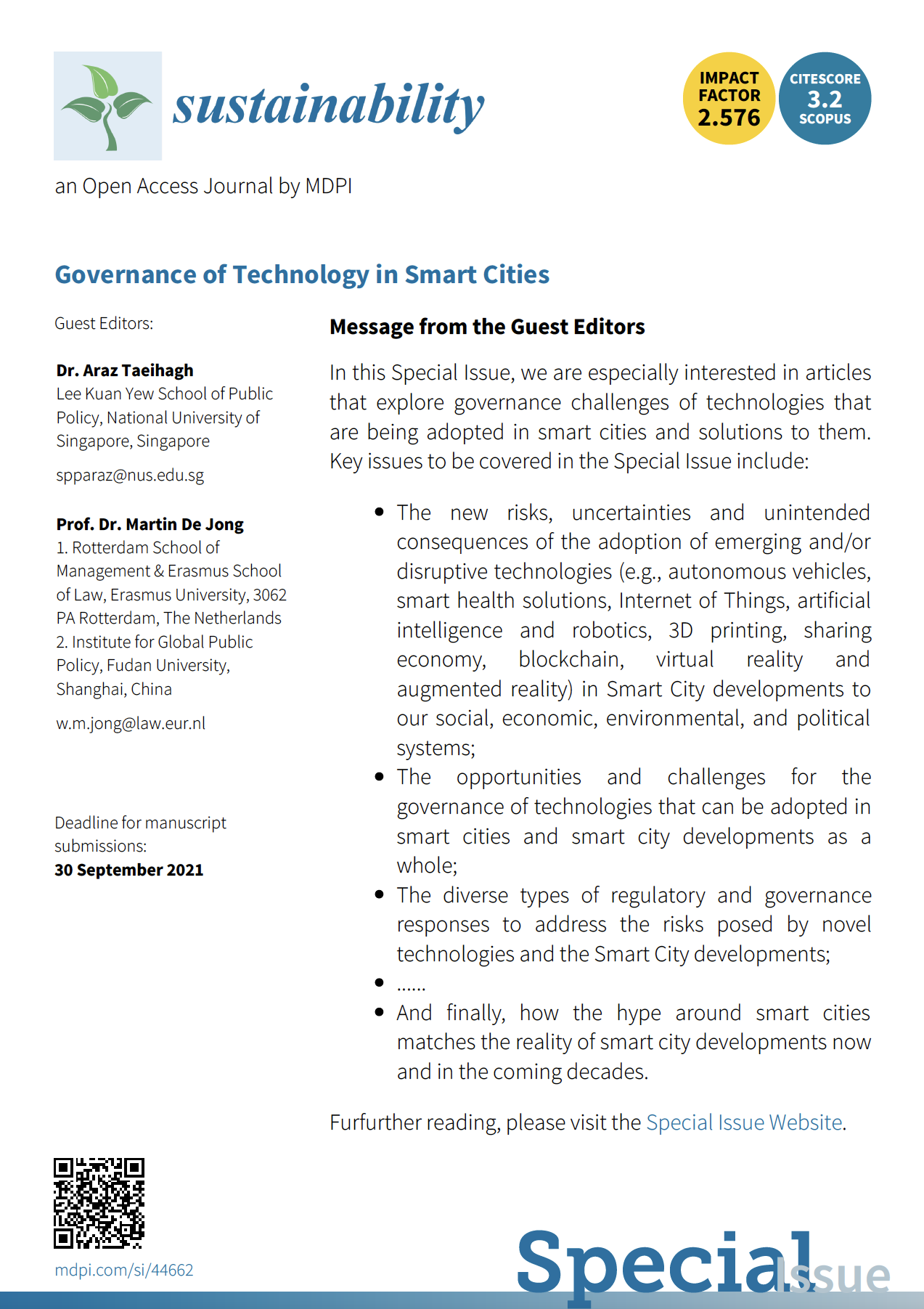Quantum Computing and the City
Submission deadline: 31 October 2026
Quantum computing represents a profound shift beyond classical computation, harnessing superposition, entanglement, and quantum tunnelling to tackle complex urban challenges that conventional systems cannot efficiently address. Its emerging applications span core urban domains: quantum algorithms may deliver real-time optimisation of metropolitan transport networks; quantum simulation could enhance climate adaptation through high-resolution environmental modelling; and quantum methods offer new capabilities for managing dynamic energy grids and integrating distributed renewables. These advances create opportunities for cities for more robust, evidence-based infrastructure planning, resource allocation, and policy design. Beyond computation, quantum sensing supports improved environmental monitoring, quantum communication enhances infrastructure security, and quantum AI enables deeper insights from large-scale urban datasets. When integrated with digital twins, intelligent grids, and emergency response systems, these technologies raise important questions about governance, regulation, equity, and institutional readiness. This special issue seeks cutting-edge research on the conceptual, technical, practical, and policy intersections between quantum technologies and urban systems, positioning quantum innovations not only as computational breakthroughs but also as potential enablers and disruptors of more adaptive, efficient, equitable, and sustainable urban futures, while recognising the new risks and trade-offs they introduce.
Guest editors:
Tan Yigitcanlar, Queensland University of Technology, Australia tan.yigitcanlar@qut.edu.au
Yuan Lai, Tsinghua University, China yuanlai@mail.tsinghua.edu.cn
Araz Taeihagh, National University of Singapore, Singapore spparaz@nus.edu.sg
Steven Jige Quan, Seoul National University, Republic of Korea sjquan@snu.ac.kr
Yanjie Fu, Arizona State University, USA yanjie.fu@asu.edu
Special issue information:
Emerging scholarship, e.g., Quantum AI Urbanism: Redefining the Future of Artificial Intelligence in Cities (Yigitcanlar et al., 2025), explores how next-generation computational paradigms may reshape urban technology, governance, and policy. Quantum computing marks a fundamental shift from classical bit-based logic by harnessing superposition, entanglement, and tunnelling to solve complex, large-scale problems that exceed conventional computational capacity. Potential applications span transport optimisation, fine-grained climate and environmental simulation, and integration of distributed renewables into dynamic energy grids. Combined with quantum sensing, quantum communication, and quantum machine learning, these capabilities open new possibilities for evidence-based urban planning, infrastructure management, and resilient policy design; while raising critical questions about governance, regulation, equity, and institutional preparedness.
This Special Issue, Quantum Computing and the City, invites cutting-edge research on full-stack quantum technologies (hardware, algorithms, sensing, communication), quantum-inspired optimisation and AI, and post-quantum cryptography—provided submissions demonstrate clear implications for urban systems, planning, policy, or governance. Purely technical papers without substantive urban relevance fall outside the scope. We welcome conceptual, theoretical, methodological, empirical, design-oriented, and policy-focused work using any methodological approach, including comparative, critical, and speculative studies grounded in urban concerns. All submissions must clearly articulate how the research advances understanding or practice in urban planning, design, governance, or management beyond generic smart-city or AI narratives.
The Special Issue aims to consolidate emerging knowledge and shape an international research agenda for quantum-enabled urbanism. By bridging urban studies, computer science, physics, engineering, and public policy, it seeks to:
Critically assess the promises, challenges, and limitations of quantum technologies for urban contexts.
Advance interdisciplinary understandings of quantum-enabled urbanism and its wider implications.
Showcase pioneering quantum AI applications, experimental implementations, and urban policy-relevant case studies.
Stimulate debate on responsible, ethical, and equitable deployment of quantum technologies in cities.
Develop a forward-looking roadmap for integrating quantum technologies into urban innovation, planning, and governance.
Explore the societal, economic, and environmental implications of quantum technologies for sustainable urban futures.
Foster collaboration between researchers, policymakers, and industry to accelerate practical and inclusive quantum urban solutions.
Manuscript submission information:
You are invited to submit your manuscript at any time before the submission deadline, 31 October 2026. For any inquiries about the appropriateness of contribution topics, please contact Prof. Tan Yigitcanlar via tan.yigitcanlar@qut.edu.au.
The journal’s submission platform (Editorial Manager®) is now available for receiving submissions to this Special Issue. Please refer to the Guide for Authors to prepare your manuscript, and select the article type of “VSI: Quantum Computing and the City” when submitting your manuscript online. Both the Guide for Authors and the submission portal could be found on the Journal Homepage here: https://www.sciencedirect.com/journal/cities
All the submissions deemed suitable to be sent for peer review will be reviewed by at least two independent reviewers. Upon its editorial acceptance, your article will go into production immediately. It will be published in the latest regular issue, while be presented on the specific Special Issue webpage simultaneously. In regular issues, Special Issue articles will be clearly marked and branded.
Keywords: Quantum urbanism; Quantum-enabled cities; Algorithmic urbanism; Quantum infrastructure; Responsible quantum AI; Ethical quantum sensing; Beyond smart cities; Urban planning and policy; Urban governance








